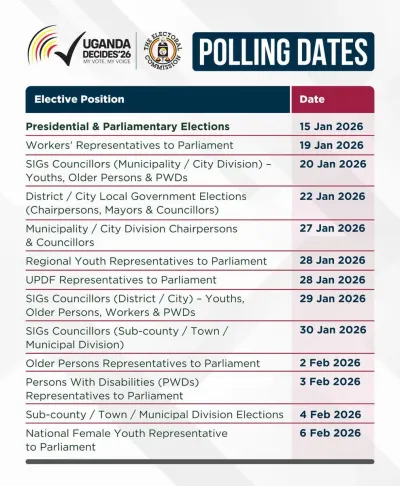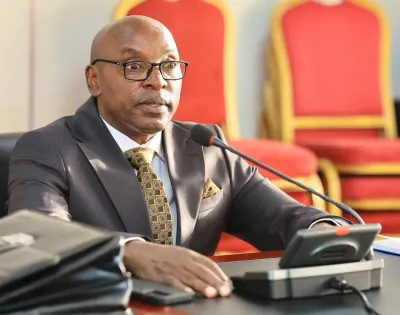
The Uganda Cancer Institute (UCI) has urged the public to stop relying on unverified treatments for prostate cancer, warning that the growing promotion of unproven herbal remedies is putting many men at risk.
According to Dr. Fred Okuku, a Consultant Oncologist at UCI, a rising number of patients are turning to products that are falsely marketed as cures. He noted that this trend often leads to delayed medical care and worsened outcomes.
“We have so many people who are advertising prostate cancer remedies everywhere, I really want to caution people to avoid using these herbals, and they’re not scientifically proved. I want to inform you that these same people when they fall sick they also come to us for proven treatment,” Okuku said.
UCI reports that prostate cancer remains one of the most frequently diagnosed cancers among men in Uganda. Regional hospitals have also highlighted the growing burden of the disease, identifying it as a leading malignancy among adult male patients.
Health experts note that many men still present with prostate cancer at an advanced stage, a situation they say is driven partly by the widespread use of home-based herbal treatments. Dr. Okuku raised the concern during a briefing at the Media Center to mark Prostate Cancer Awareness Month.
He encouraged men experiencing symptoms such as frequent urination, weak urine flow, fatigue, pelvic discomfort, or other related signs to seek screening and medical evaluation at the cancer institute. Screening services, he emphasized, are available free of charge.
Doctors also caution that certain lifestyle choices such as consuming large amounts of red meat, highly processed foods, or alcohol, may contribute to increased prostate health risks. Additionally, Dr. Okuku warned that men who use androgen-containing drugs marketed for sexual enhancement may face a higher likelihood of developing prostate complications.
As part of activities for Prostate Cancer Awareness Month, UCI has intensified its outreach programs in partnership with the Ministry of Health. The initiatives include expanding community screening, strengthening diagnostic imaging and laboratory services, and improving accessibility to essential cancer medicines.














Paul Rubongyera
Leave a Comment
Your email address will not be published.